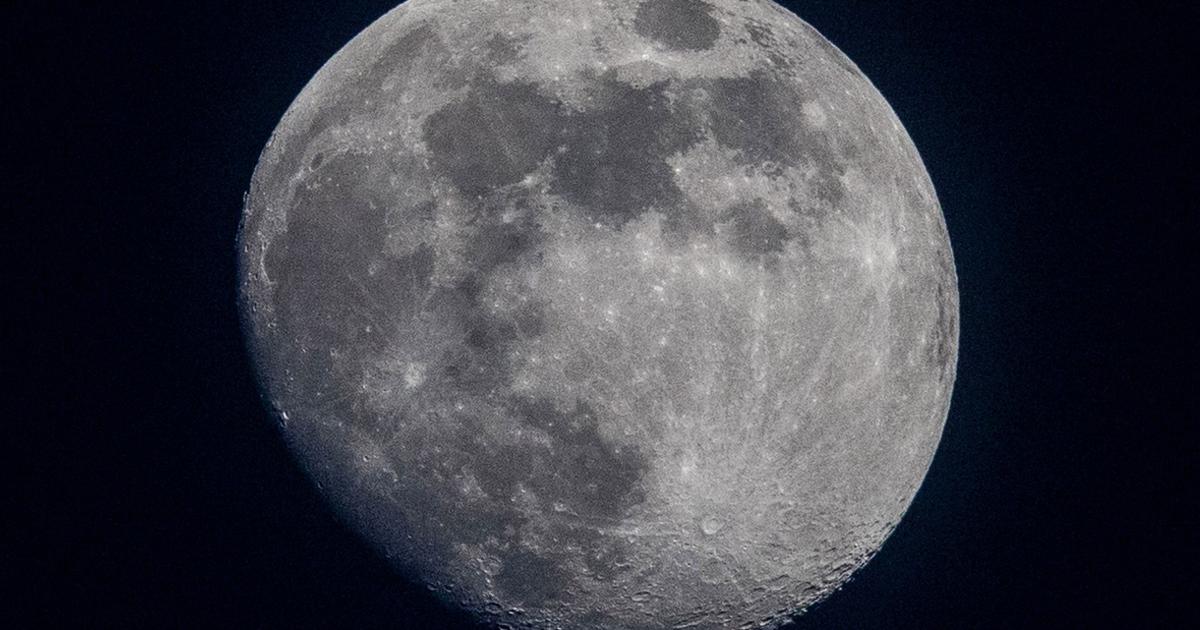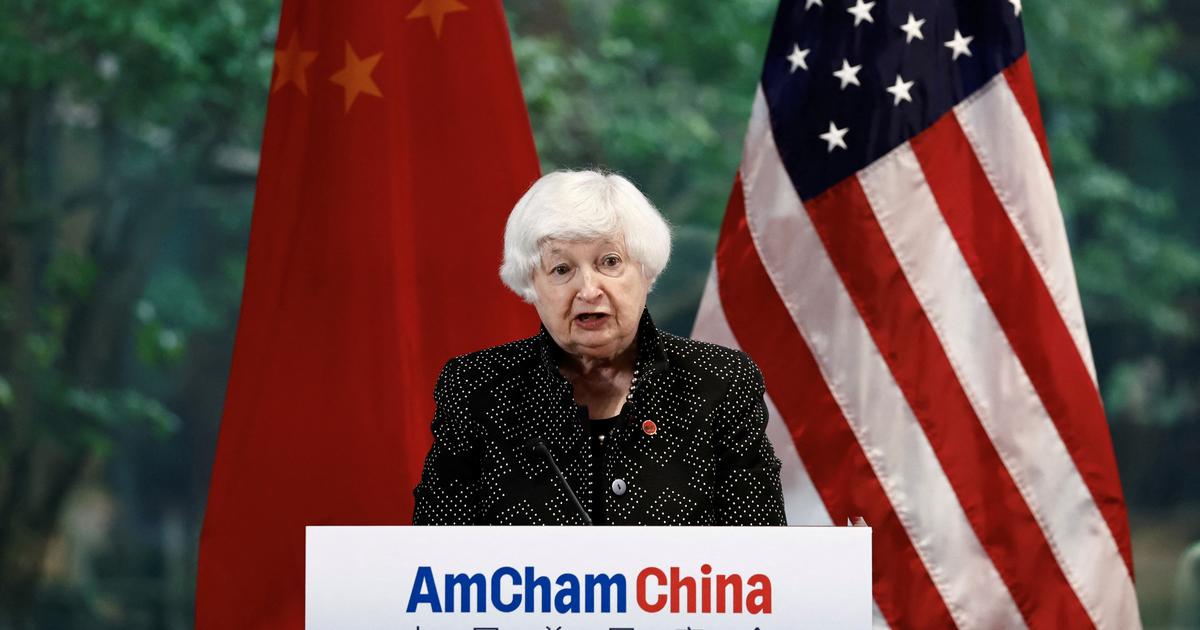Anyone reading this text will do so today with technical support from Huawei. The question of trusting a company that is legally bound to cooperate with the Chinese intelligence service is nevertheless a new urgency. It is about the expansion of the 5G network and thus the digital future of our country. With technical support of a digital dictatorship?
Curiously enough, Anne Will was not invited to anyone who really knows this technique. And so debate the Minister of Economic Affairs (Peter Altmaier, CDU), a liberal politician (Linda Teuteberg, FDP), a human rights expert (Margaret Bause, Green), a sinologist (Kristin Shi copper), a lobbyist for industry (Peter Kempf, BDI ) and a critical journalist (Georg Mascolo) the purely political aspects of the question: "Can you trust China?"
Peter Altmaier, who can not answer the question of trust for Huawei "in general", immediately gets into a swim. The same can be said "in a market economy" and not at any time. So today, maybe tomorrow.
No one called for boycott when the US spied
Believing that Chinese companies are "generally untrustworthy," the result is "a huge problem." Because of the businesses that are done with these companies. A logical circuit that will not remain Altmaier's only masterpiece this evening.
"It must be verifiably ensured that the Chinese state has no influence and it must be certified every single component that it has not been manipulated in any way." @peteraltmaier #AnneWill #China #Huawei pic.twitter.com/siYx147L0T
- ANNE WILL Talk Show (@AnneWillTalk) November 24, 2019At his side Kempf jumps with the philosophical hint that absolute security is illusory anyway: "The green traffic light is anything but a security in the analog world!". Alluding to the US trade policy towards China, he adds: "Why a technology provider should suddenly be less dangerous if I can deliver more soybeans into his country, which eludes me technologically completely."
Altmaier rounds off the contradiction that is only maliciously hinted at by Kempf on classical "whataboutism": "At that time in the NSA affair, we also did not boycott, and the US also demands that companies provide information on the fight against terrorism." Just as if there was no difference between the rule of law and dictatorship.
Huawei embedded in the injustice regime
Margarete Bause also points out that legal action can be taken in the US - but less in China. The country exports not only its goods, but also its ideology. And Kristin Shi-Kupfer adds that one has to look at "the legal context" of the companies concerned. And Huawei is, not only in reprisals against the Uighurs in China, but once "embedded in a regime of injustice".
An unjust regime, of course, with technological superiority in the telecommunications - which, so Kempf, also the alleged security concerns of the USA declare. We would have to do here "with a power struggle between the transatlantic and the Chinese" world, but this is not particularly far away on the Atlantic side with a competitive IT industry.
Altmaier would like to change that. What is needed is a European act of power modeled on the old industries, ie a "digital Airbus" (Kempf) - or at least a strict legal framework. Linda Teuteberg adds that Europe must "grow up in security policy".
"We do not need a special law for #Huawei, but it is foreseeable that a company that is so under the influence of the Chinese state can not meet the stringent security criteria." @ LindaTeuteberg at # AnneWill #China pic.twitter.com/KAiCQu3S1s
- ANNE WILL Talk Show (@AnneWillTalk) November 24, 2019Ever looking for friends for the post-Xi era
Georg Mascolo complains that the whole debate is "basically overdue". In any case, in order to avoid "trouble with the Chinese" there will be no "public declamatory act" in this case. He is not optimistic about efforts towards European or at least German digital sovereignty: "I am now at the point where I say: I believe it only when I see it, and I would like to see it now".
"It is one of the negligence that we did not lead this discussion much earlier," says Georg Mascolo at #AnneWill about the security debate surrounding #Huawei. #China pic.twitter.com/V2vKQnz83J
- ANNE WILL Talk Show (@AnneWillTalk) November 24, 2019Referring to the recently leaked "China Cables" on the mass detention and surveillance of Uighurs, Shi-copper points to the encouraging fact that these documents are leaked at all - apparently from inside the system. A sign of domestic political power struggles. Now it is important to look for allies in China "for the time after Xi Jinping".
When the time comes, maybe a trusted company will find our critical infrastructures. Once, when expanding the 6G network.















